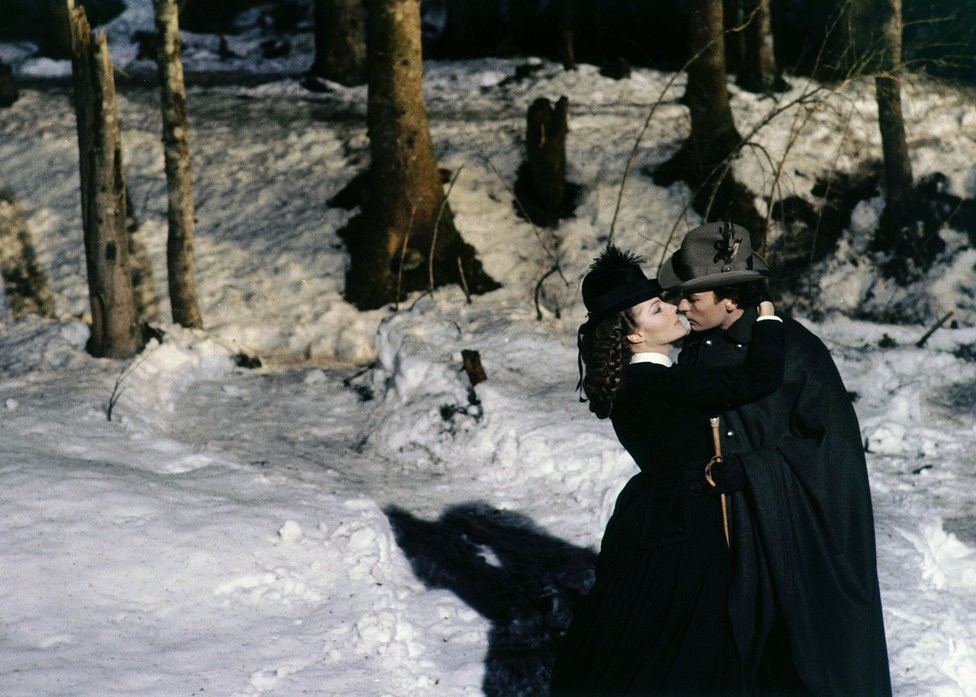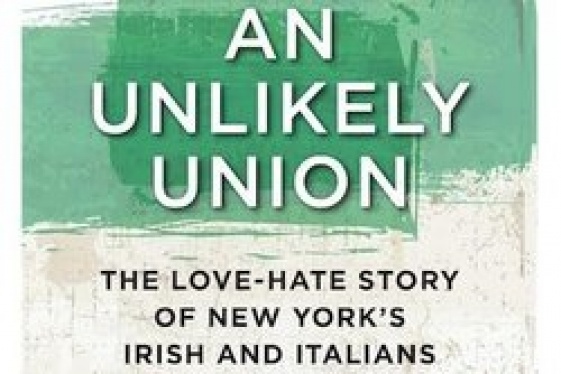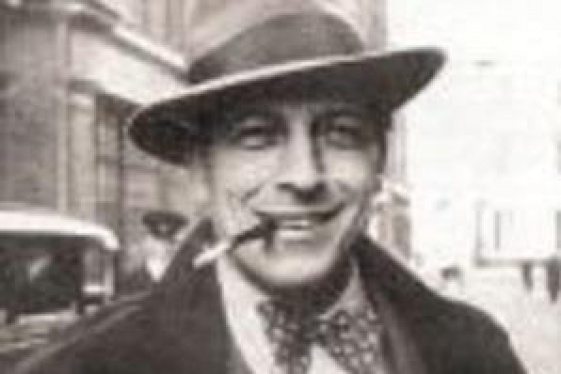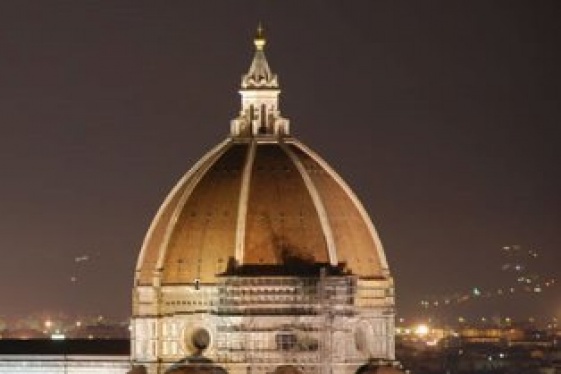
How Luchino Visconti Made History Sing

BY: A. O. Scott
Among the Italian filmmakers who achieved international prominence in the decades after World War II, Luchino Visconti possessed perhaps the sharpest historical insight and the keenest literary appetite. The 14 features he directed between 1942 and his death, in 1976, included adaptations of books by Dostoyevsky, Camus and Mann, a biopic about King Ludwig II of Bavaria and several forays into the political upheavals of mid-19th-century Italy and early-20th-century Germany.
Visconti, a longtime member of the Italian Communist Party, was also one of the founders of neorealism, dramatizing the struggles of working-class Romans, Sicilian fisherman and migrants from the southern countryside to the factories of the north.
SOURCE: https://www.nytimes.com
You may be interested
-
An Unlikely Union: The love-hate story of Ne...
Award-winning author and Brooklynite Paul Moses is back with a historic yet dazzling sto...
-
Cathedral of St. John the Divine, Oratorio S...
For the first time ever, The Cathedral of St. John the Divine, in collaboration with the O...
-
Davide Gambino è il miglior "Young Italian F...
Si intitola Pietra Pesante, ed è il miglior giovane documentario italiano, a detta della N...
-
Garibaldi-Meucci Museum to Celebrate Ezio Pi...
On Sunday, November 17 at 2 p.m., Nick Dowen will present an hour-long program on the life...
-
Italian Master Drawings From The Morgan (Onl...
The Morgan Library & Museum's collection of Italian old master drawings is one of the...
-
Italian Women Trailblazers - Young Professio...
April 16, thursday - 6,30 EDTAzure - New York, NY - 333 E 91st St, New York 10128Tick...
-
La Befana makes her way to the Garibaldi-Meu...
Saturday, January 10at 2:00pm - 4:00pm, Garibaldi-Meucci Museum 420 Tompkins Ave, Staten I...
-
Lecture and Concert that bring Italy to New...
Saturday, february 28 - 7 pm ESTChrist & Saint Stephen's Church - 120 W 69th St,...










